Set in the summer of 1986, The 4:30 Movie follows Brian David, a teenager enjoying his final days of freedom before the start of the new school year. Living with his parents in suburban New Jersey, Brian spends his days hanging out at the local movie theater with his best buds, Belly and Burny. Their favorite pastime is “movie-hopping” between shows to sneak into multiple films in a single afternoon.
On this particular Saturday, Brian works up the courage to ask his longtime crush Melody on a date. To his delight, she says yes and agrees to join him for the 4:30 screening. Directed by Kevin Smith, well known for semi-autobiographical comedies that mine his experiences growing up in New Jersey, The 4:30 Movie has a very similar feel. Smith brings the same lighthearted sense of humor and flair for capturing the small moments of teenage life.
While the plot is simple, focusing mainly on Brian’s plans for the day starting to unravel, early scenes introduce a cast of quirky characters and set a fun, nostalgic tone, evoking 1980s summers spent cutting loose with friends at the local multiplex. Fans of Smith’s past work will find plenty here to enjoy.
Summer Plans and Theater Hijinks
It’s a typical summer Saturday for Brian and the gang. Brian wakes up pumped to spend the afternoon at the movies with Belly and Burny. Belly is more reserved, while Burny is always ready with a joke or controversial take. Their dynamic feels real.
Brian also has blossoming feelings for Melody, so he works up his courage to ask her on a date. Amazingly, she says yes to joining him for the 4:30 show. Zajur and Agudong have great chemistry, showing Brian’s mix of nerves and joy.
Unfortunately, things don’t go quite according to plan. Their usual theater manager seems determined to ruin Brian’s day. Ken Jeong is hilarious as the over-the-top “villain” constantly banning kids.
Between the cranky manager and Burny’s inappropriate comments, Brian worries about impressing Melody. Burny’s attitudes toward women add laughs but also problematic elements fans will debate.
Other humorous subplots develop. Brian’s mother keeps calling to check on him despite his pleas to leave him be. An eccentric ticket-taker brings his own brand of chaos. Through it all, Belly remains the voice of reason in their dynamic.
Under the high jinks, their friendship and Brian’s hope for love shine through. Even detoured from their original plans, the theater remains central to their summer adventure.
Striking a Balance
Smith wears many hats as the director, balancing different styles and messages. He blends laughter with heart, looking back with insight. The humor comes in many forms, from silly antics to satirical jabs. Yet beneath are sincere themes resonating with audiences of any era.
John Hughes clearly inspired this coming-of-age tale. Scenes feel plucked from classics like The Breakfast Club in their raw capturing of teenage bonding. Conflicts center around identity, relationships, and dreams—timeless issues faced by every generation.
Details like a rotary phone or Brian’s t-shirt collection work twofold. They immerse us in 1986 suburbia while sparking nostalgia. But Brian’s hopes of discussing movies also point to Smith nodding to his own path.
The friendship between Brian, Belly, and Burny carries profound staying power. Their caring, though often conveyed through insults, reminds us how true allies lift us up. The arrival of Melody introduces perspectives beyond their tight trio.
All this progresses through Ken Jeong’s overblown caricature, symbolizing disruptive changes creeping into familiar havens. Despite barriers, Brian’s passion inspires and love prevails over harsh realizations.
With a light directorial touch perfectly balancing zaniness and sincerity, Smith crafts an affectionate tribute to the spirits sustaining each new generation. The heartwarms without preaching—a real achievement.
Rising to the Challenge
The young cast is really something special. Austin Zajur owns the screen as Brian, balancing nerdy charm with underlying charm. You feel his joy at finally finding the courage to ask Melody out and root for their story. Speaking of, the chemistry he shares with Siena Agudong is palpable. Her shy grin and dancing eyes make Melody’s character glow.
Of course, it wouldn’t be much fun without Brian’s longtime friends. Reed Northrup plays the voice of reason Belly with earnest sincerity. Then there’s Nicholas Cirillo, who jumps headfirst into Burny, spewing nonsense yet staying fiercely loyal. They breathe life into friendships we all recognize.
Rachel Dratch is comedy gold as the overbearing mother who can’t get off the phone. I howled at her ability to turn basic tasks into hysterics. And Ken Jeong abandons subtlety as the villainous manager, wielding pettiness with expert flair. Even familiarity can’t disrupt laughter at his antics.
Yet none phone it in, instead elevating even smaller roles. Supporting turns stick, showing talent that surely lies ahead. It’s to Smith’s credit that he spots promise, then trusts newcomers to deliver wit and heart. Their chemistry anchors this tale of teenage hopes and hijinks.
Capturing the Era
It’s obvious Smith put care into visual details that transport viewers straight to the 1980s. From Brian’s Members Only jacket to tube-filled theaters playing classic films, the production design feels lived-in.
Cinematographer Yaron Levy lends everything a saturated golden glow, like memories warming with time. Scenes bounce between colorful locale recreations and softer character moments, each enhanced by this consistent warmth.
Of course, the real star is Smith’s Old Jersey multiplex, providing both budget relief and amateur filmmaker roots nostalgia. Its authenticity plays a character itself, pivotal to nostalgic recollections sparking throughout the story.
More than just a setting, the theater acts as a safe haven for Smith and these teens. Providing both escape and self-discovery, it remains the heart of their community—a place to belong amid changing tides.
From props to costumes to the cinematography’s cozy style, visuals trigger powerful nostalgia. But this operates on multiple levels. It celebrates personal milestones while honoring places and experiences linking generations of moviegoers.
In reviving feelings of a carefree era, The 4:30 Movie captures memories too precious to forget. Its heartfelt lens on growing up is sure to resonate for years to come.
Celebrating Friends, Old and New
Smith’s films have always felt like small celebrations of his world. The 4:30 Movie takes this to another level, loaded with faces both familiar and new. Cameos from Jason Mewes, Brian O’Halloran, and more drop viewers straight into the View Askew comfort zone.
But this time, the roster expands impressively. Seeing legends like Christopher Lloyd turn up alongside rising stars offers something for everyone. Logic and Method Man popping in short scenes still spark smiles.
To immerse deeper, Smith crafted fake trailers starring pals like Harley Quinn Smith. While silly, they showcase his creativity and care for developing talent within his circle.
Some naysayers claim this alienates new audiences. Yet the humor lands without needing insider knowledge. Backstories enrich the experience for devoted fans, not define it.
With a natural balance of heart and hilarity, Smith proves you can honor close relationships without sacrificing mainstream potential. The 4:30 Movie opens doors to his world while crafting an enjoyable coming-of-age charmer on its own merits.
In the end, perhaps this style’s most lasting effect is inspiring others to celebrate communities both large and small. In an age where divisiveness spreads swiftly, its message of inclusive fun rings reassuringly clear.
Summer Adventures at the Picture Show
Through Smith’s lens, we see how a day at the movies shaped who he became. With great care, he constructs The 4:30 Movie as a sweet valentine to those formative experiences and people in his life.
Austin Zajur and friends shine in capturing teen bonding, first love, and self-discovery. Their talent paired with Smith’s direction gives insight into coming-of-age we all recognize from our own past, whatever generation we hail from.
Nostalgia strikes not just for the 1980s setting, but in portraying how belief in friendship and passion got people through challenging times. Lessons like following dreams no matter the obstacles continue motivating journeys ahead.
Authentically recreating a bygone movie theater hasn’t just respect for indie roots but keeps alive where communal wonder fueled imaginations. While heartfelt, Smith never preaches—he entertains with warmth we all crave more of.
The 4:30 Movie stands to endure as a sweetly inspirational comedy that those who value honesty, relationships, and creativity over empty calories can all enjoy together. Its charms are universal.
The Review
The 4:30 Movie
Kevin Smith has crafted a heartfelt homage to 80s summers and the friends who shaped him. While containing nods to superfans, The 4:30 Movie's nostalgic charms and honest insights into youth will strike a chord with far wider audiences.
PROS
- Authentic nostalgic setting and period details
- Relatable themes of friendship, love, and pursuing dreams
- Strong lead performance from Austin Zajur and ensemble cast
- Balances humor and heart with Smith's signature style
- An inspiring message about following passions
CONS
- Predictable plot beats and characters at times
- Fan service cameos could distract some newer viewers.









































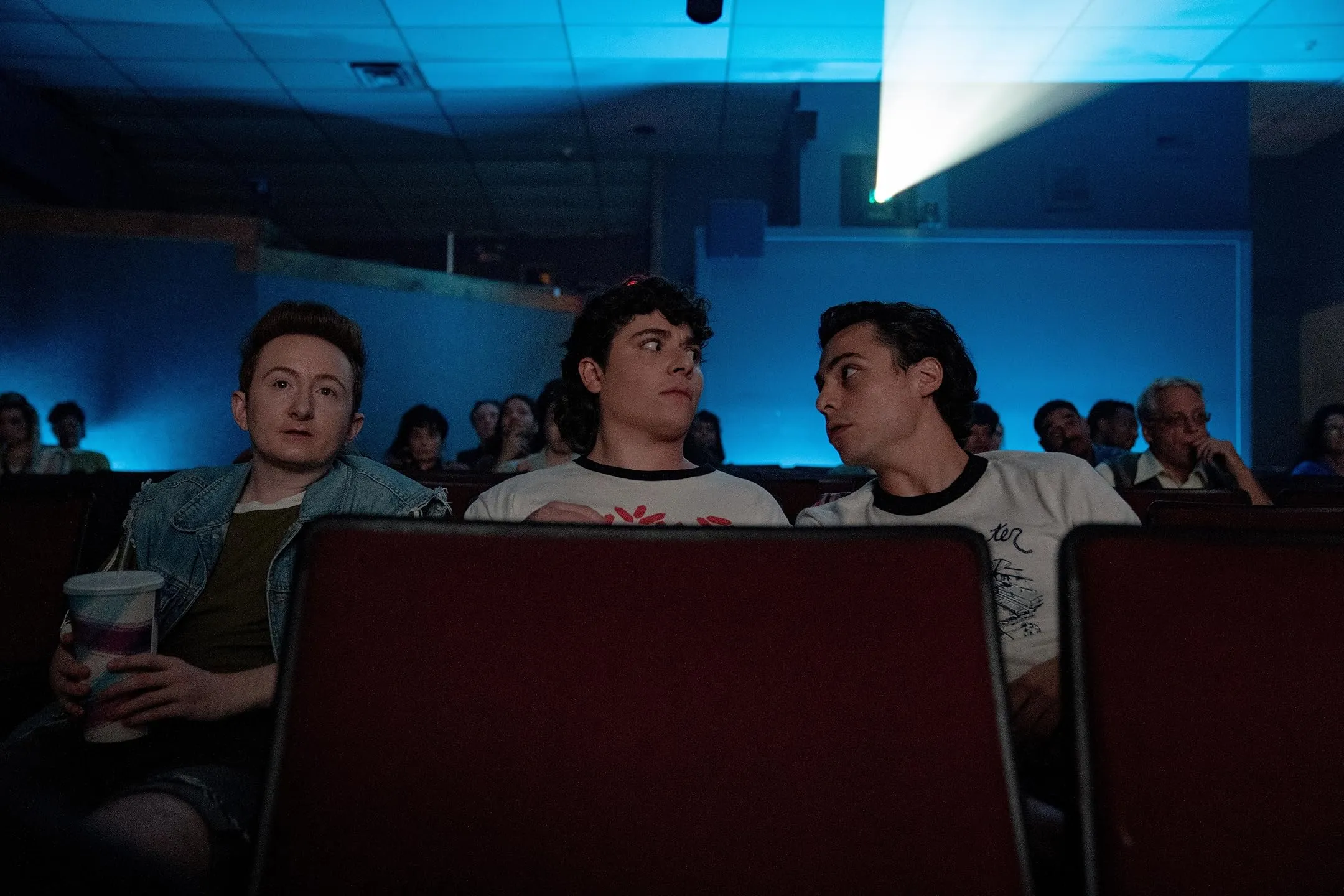
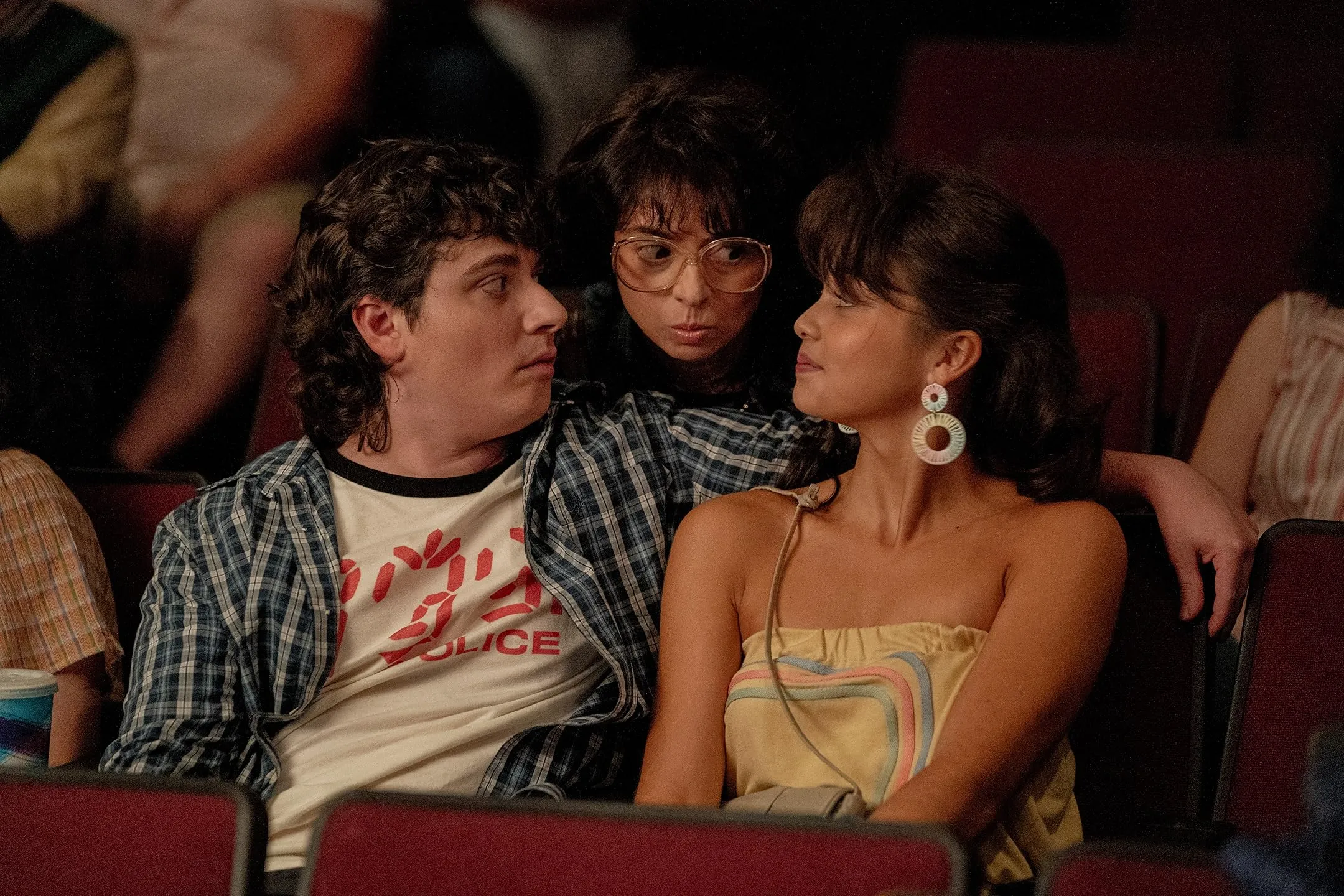
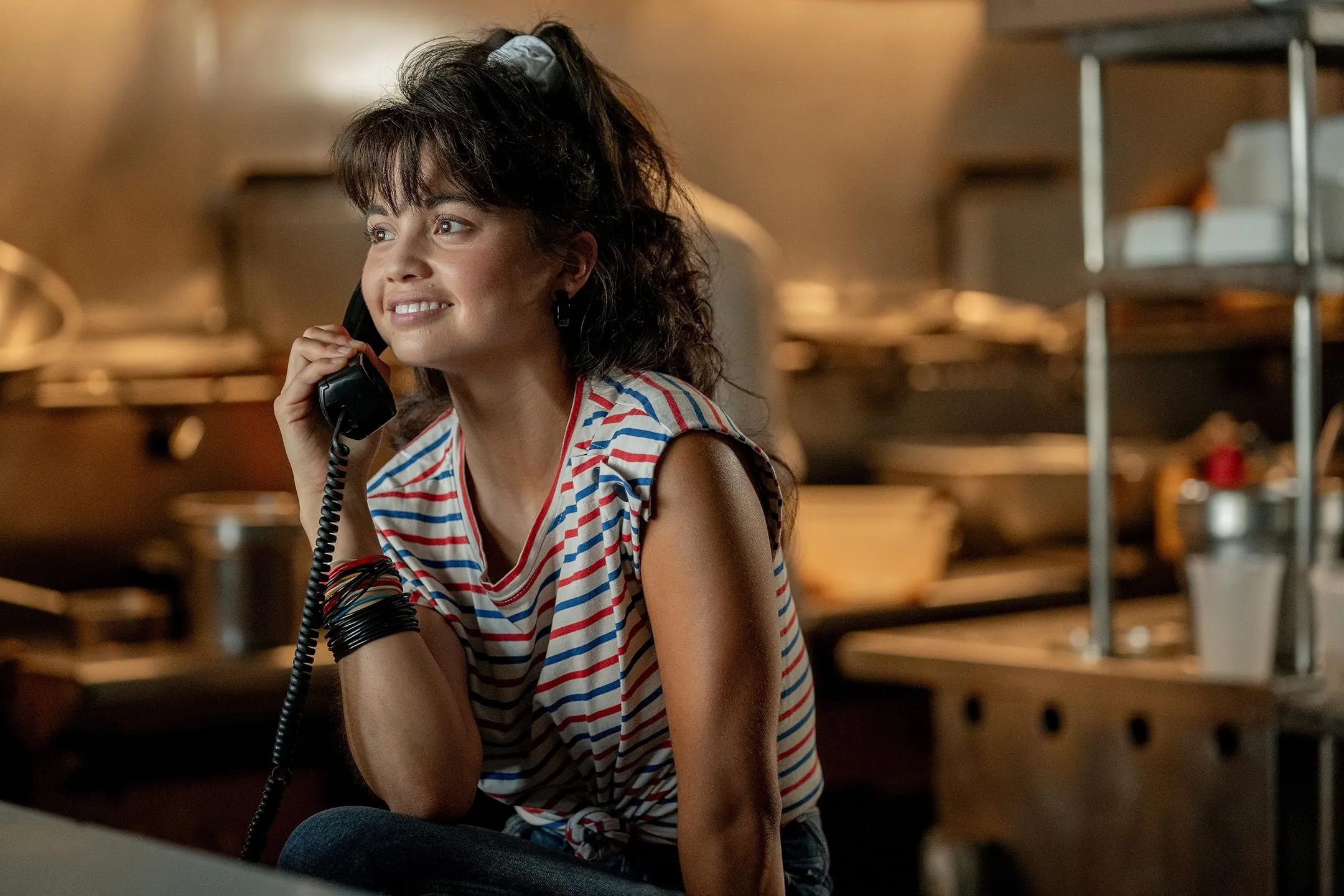
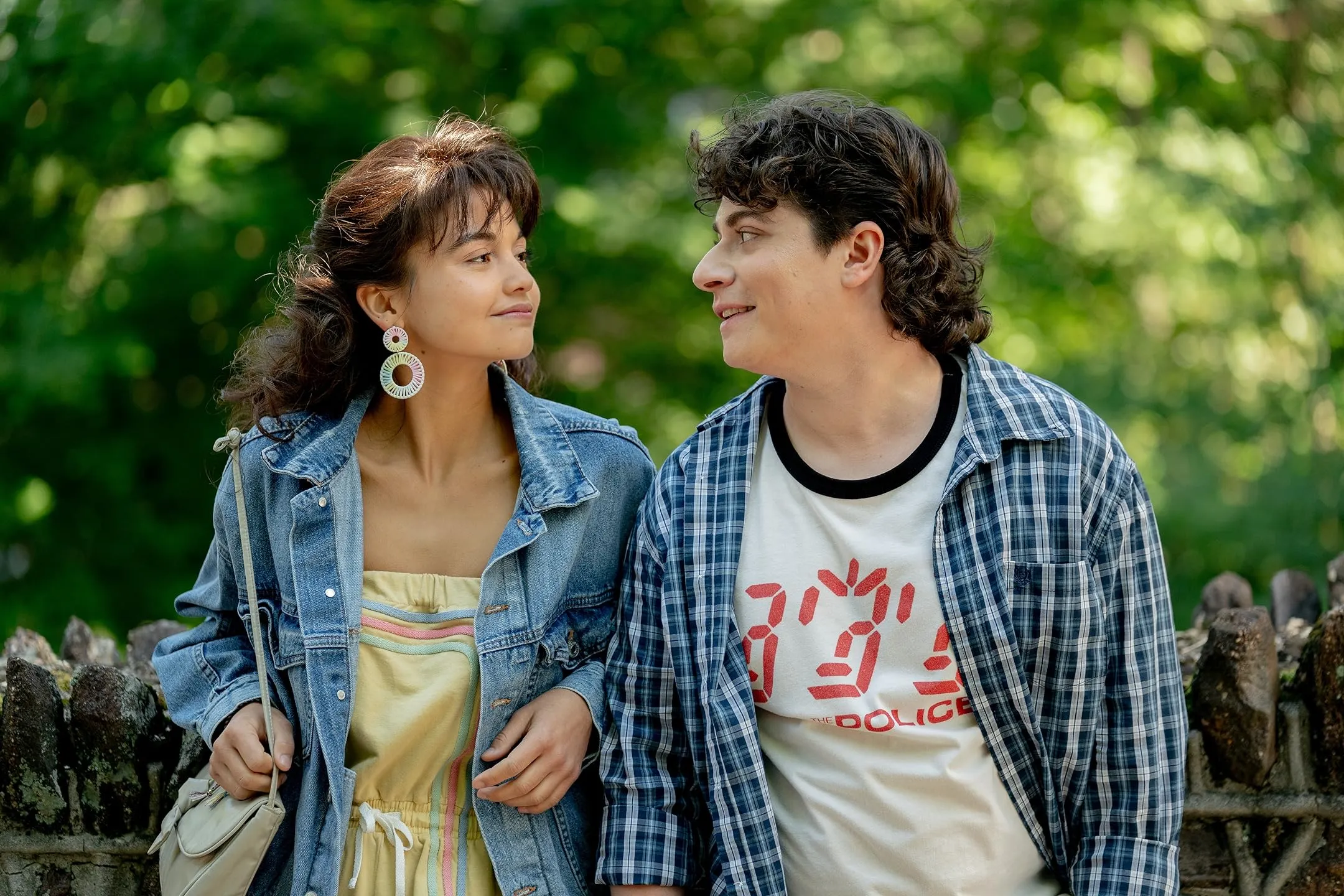
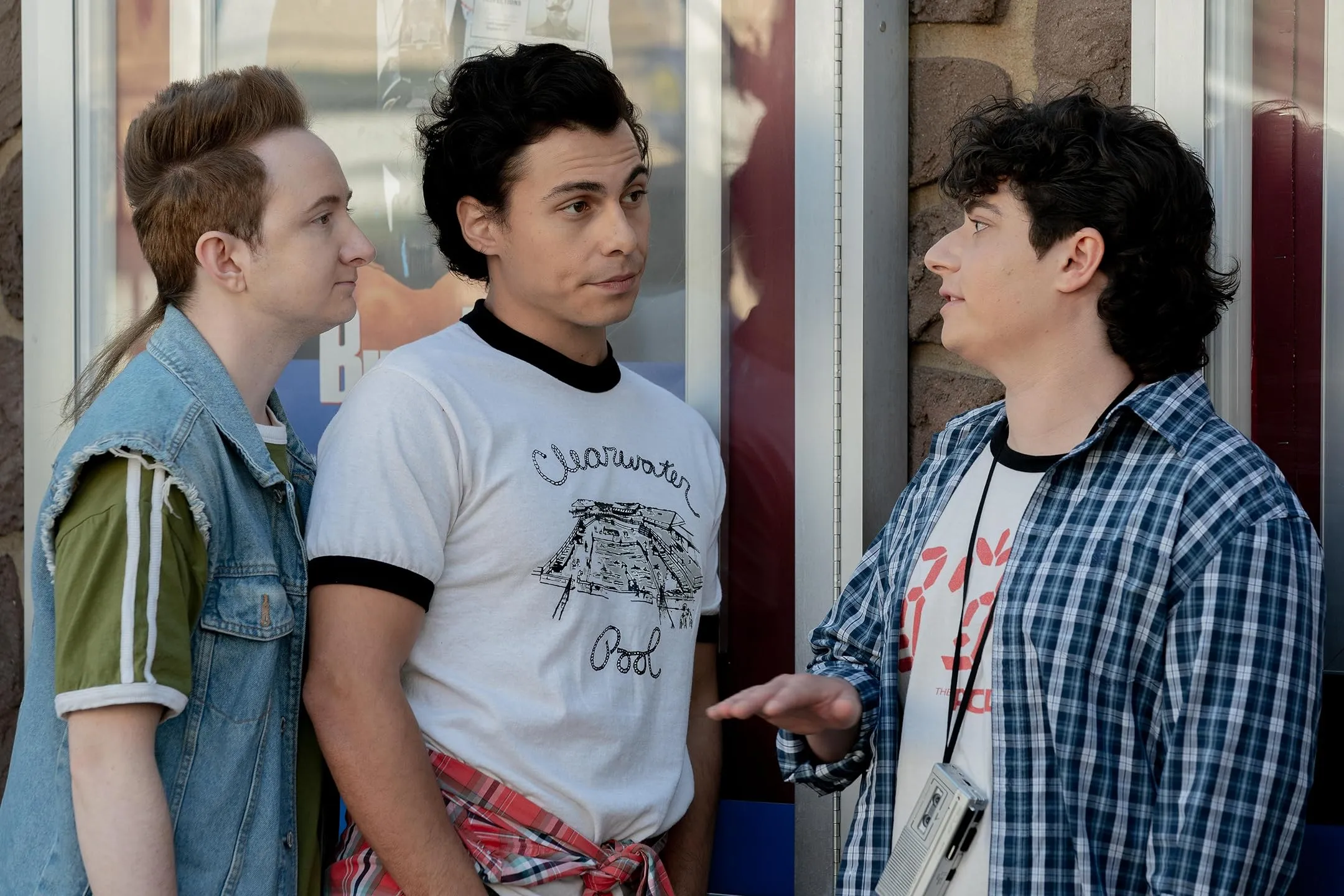








Discussion about this post